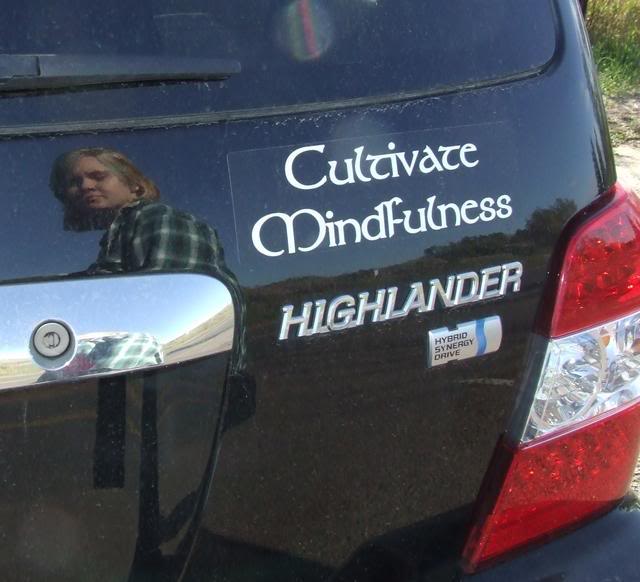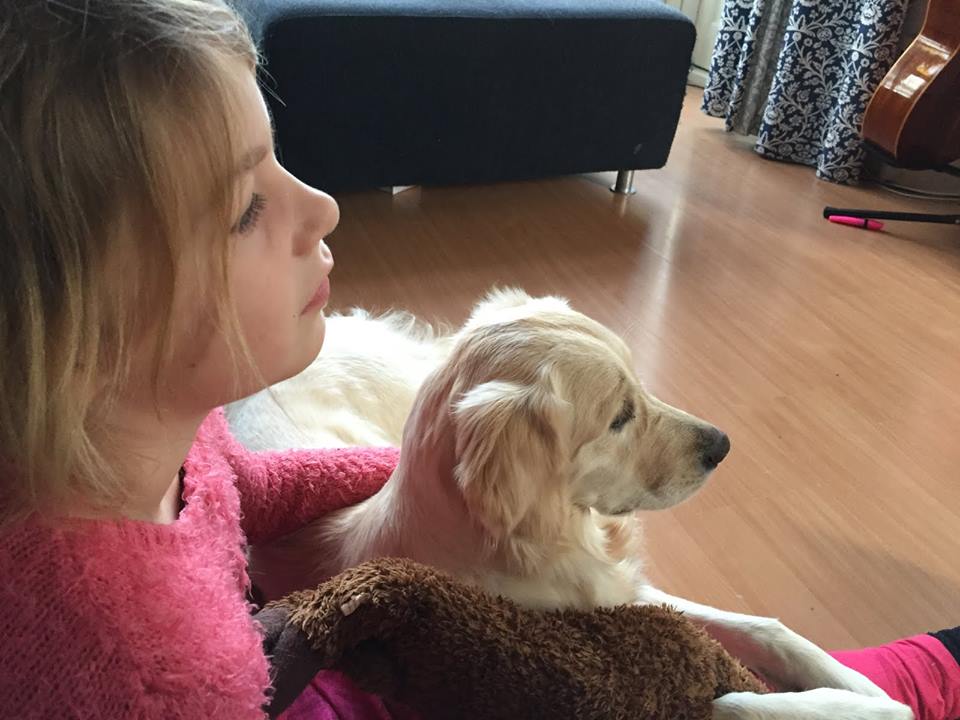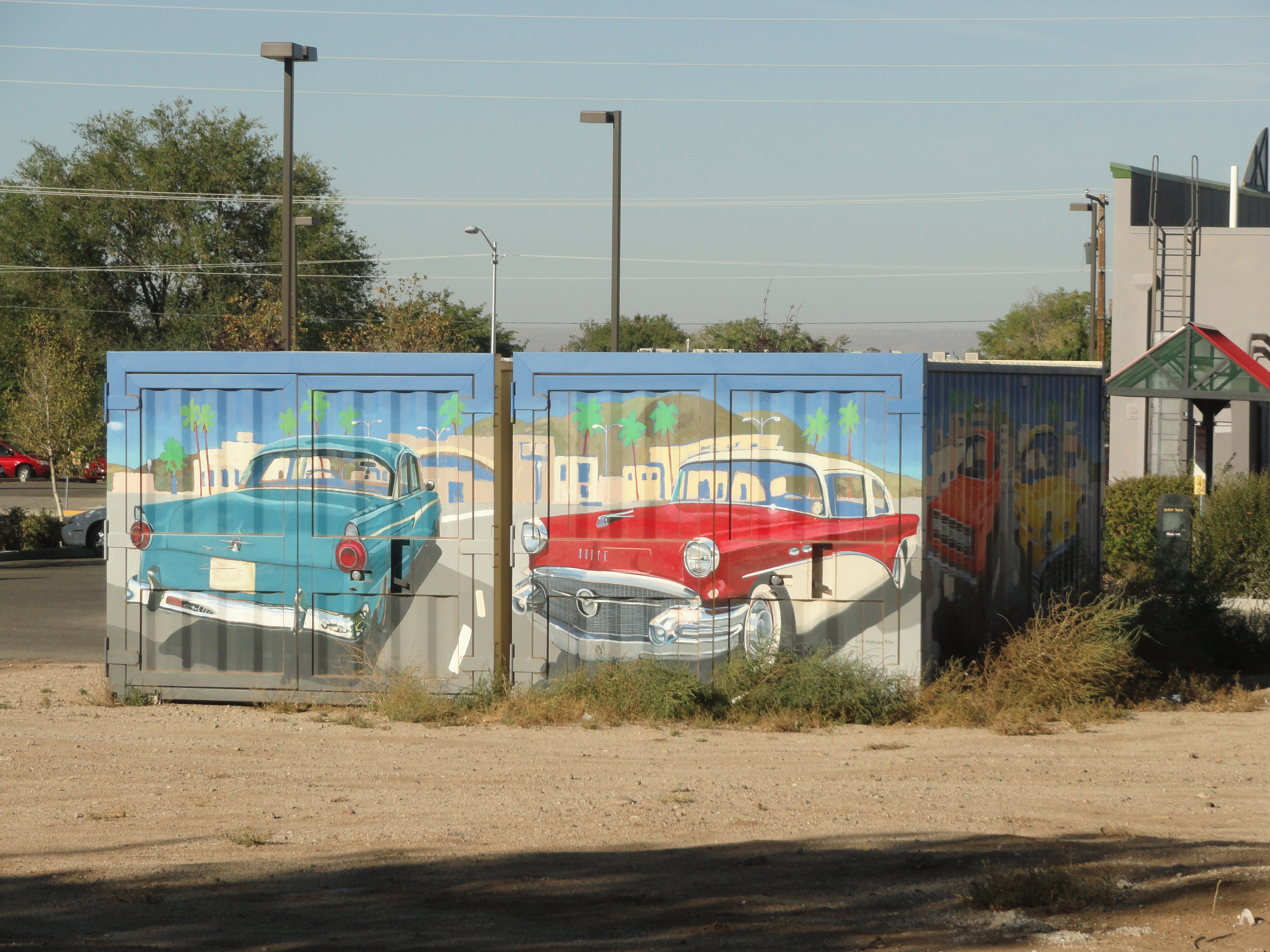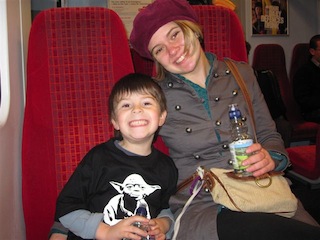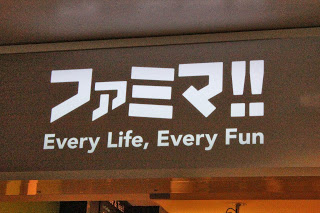"In the past my kids have tended to expect to be waited on hand and foot."
I responded:
If you use phrases like "to be waited on hand and foot," you're quoting other people. That usually means the other person's voice is in your head, shaming you. Or it means you've adopted some anti-kid attitudes without really examining them. If you're having a feeling, translate it into your own words. It's a little freaky how people can channel their parents and grandparents by going on automatic and letting those archaic phrases flow through us. Anything you haven't personally examined in the light of your current beliefs shouldn't be uttered, in my opinion. Anything I can't say in my own words hasn't really been internalized by me. As long as I'm simply quoting others, I can bypass conscious, careful thought.
photo by Sandra Dodd
__







